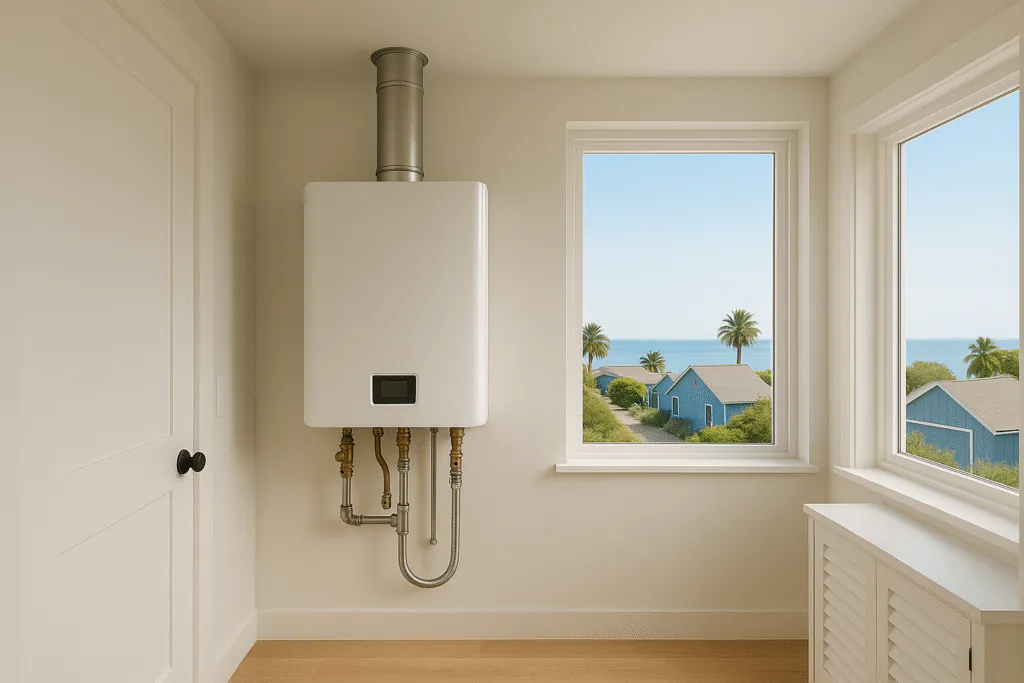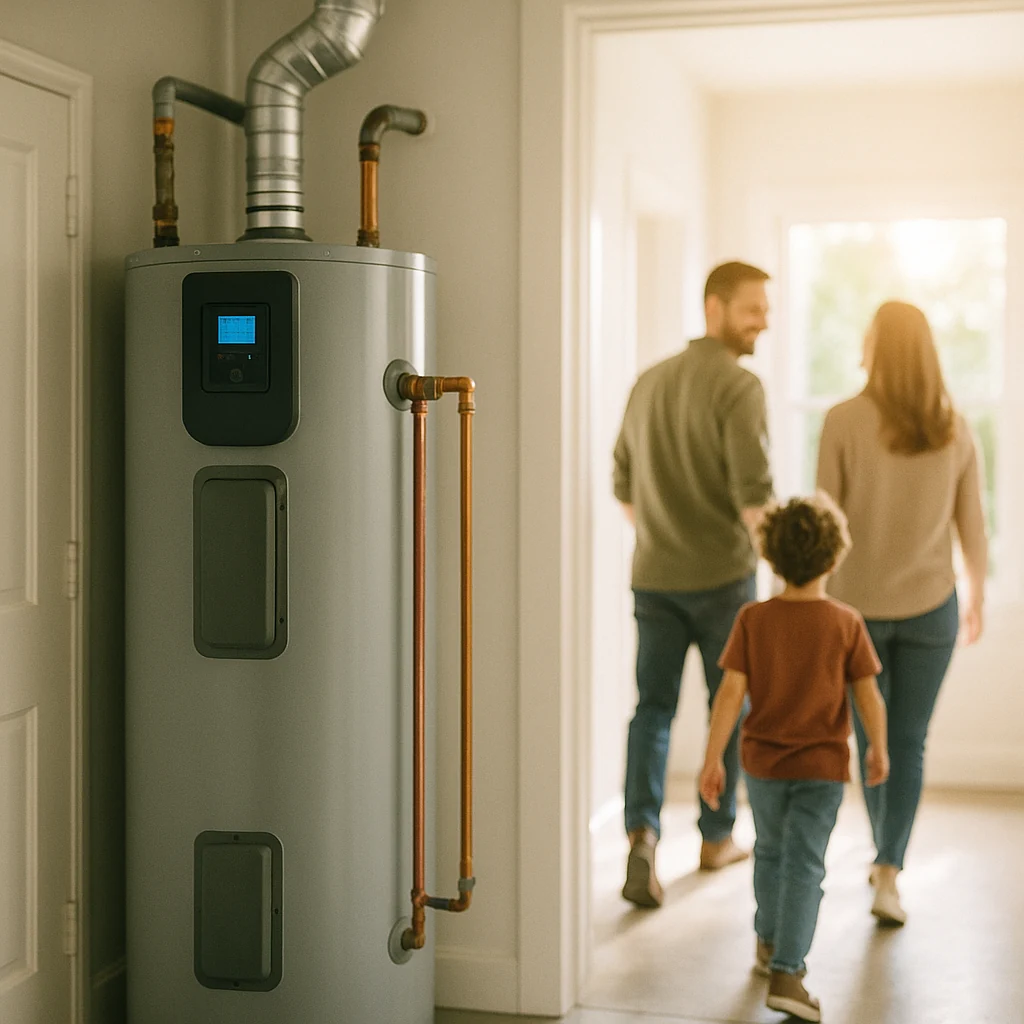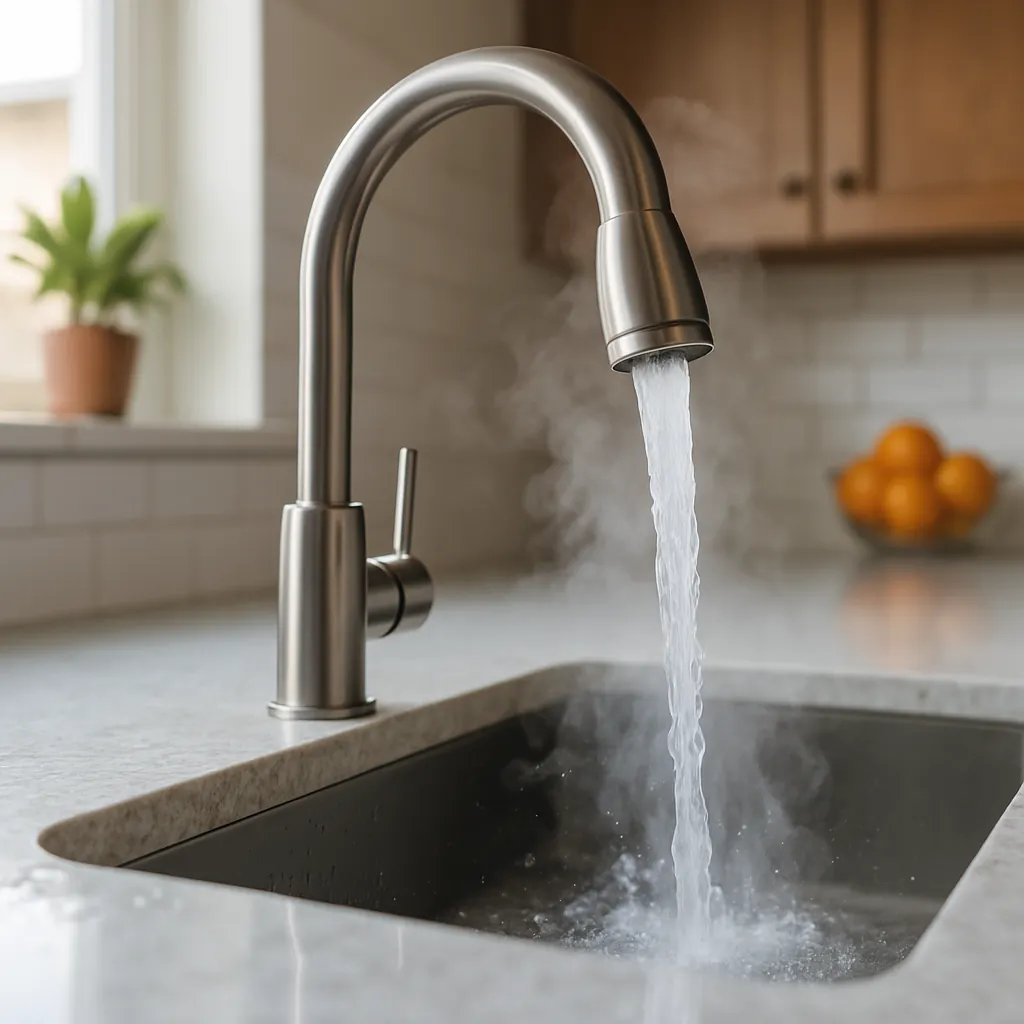
Choosing the right size water heater is crucial for ensuring consistent hot water supply and energy efficiency in your home. https://anytimeplumbing.net/what-size-water-heater-do-i-need/ offers a comprehensive guide to help homeowners select the best water heater for their needs. Selecting an undersized unit can lead to cold showers, running out of hot water during peak usage, and even damaging the water heater due to excessive strain. On the other hand, choosing an oversized unit may lead to wasted energy, higher utility bills, and unnecessary upfront costs. Therefore, understanding your household’s hot water needs is essential before making a purchase.
Understanding Water Heater Sizing
Water heaters are typically sized based on either storage capacity (for tank models) or flow rate (for tankless models). The right size depends on several factors, including household size, peak hot water demand, number of bathrooms, and the frequency of simultaneous hot water usage. Considering these factors ensures that your home always has sufficient hot water while maintaining energy efficiency and lowering operational costs.
Household Size and Hot Water Usage
A simple rule of thumb for choosing a tank water heater is to match the tank size to the number of people in your household:
- 1–2 people: 30–40 gallons
- 3–4 people: 40–50 gallons
- 5+ people: 50–80 gallons
These estimates account for average daily hot water usage, including showers, dishwashing, laundry, and other household activities. However, it’s essential to remember that individual habits, lifestyle, and the use of water-saving fixtures can affect your actual hot water needs. For example, a family with teenagers may need a larger tank than the average estimate due to higher peak usage.

Peak Hour Demand
Peak hour demand refers to the period of the day when your household uses the most hot water. This is usually in the morning when showers, breakfast, and laundry happen simultaneously, or in the evening when cooking, cleaning, and bathing overlap. Calculating peak hour demand is essential because it helps determine the tank capacity or the flow rate required for a tankless system. If multiple hot water fixtures are used at the same time, a water heater with inadequate capacity could run out quickly, causing inconvenience and discomfort.
Type of Water Heater
- Tank Water Heaters: These store a fixed amount of hot water, so selecting the right capacity is crucial. Choosing a tank too small can cause shortages, while a larger tank can sit unused and waste energy.
- Tankless Water Heaters: These units heat water on demand, providing a continuous supply. Sizing for tankless systems depends on the flow rate, measured in gallons per minute (GPM), and the desired temperature rise. Consider how many showers, faucets, or appliances will be used at the same time to ensure the system can meet peak demand.
Additional Considerations
Several additional factors should influence your decision when choosing a water heater:
- Climate: Colder climates mean the incoming water temperature is lower, requiring more energy to heat. In such cases, a larger or higher-output water heater may be necessary to maintain comfortable hot water temperatures.
- Appliance Use: Consider appliances such as dishwashers and washing machines, especially if they are used during peak hours. High-efficiency appliances can reduce water usage, but older units may increase the demand for hot water.
- Energy Efficiency: Modern water heaters often feature improved energy efficiency, which can save money in the long run. Look for units with higher energy factors (EF) or Energy Star certification to reduce operating costs and environmental impact.
- Recovery Rate: The recovery rate is how quickly a water heater can reheat water after it has been depleted. Homes with high hot water usage may benefit from units with faster recovery rates to ensure a steady supply.
- Installation Location: Ensure there is enough space for the chosen water heater. Tankless units are generally more compact, while tank models require adequate room for both installation and maintenance.

Conclusion
Selecting the right size water heater requires careful consideration of your household’s hot water usage, the number of occupants, peak demand times, and type of appliances in use. Taking all these factors into account allows you to choose a unit that provides sufficient hot water without wasting energy or money. Whether you opt for a tank or tankless system, proper sizing ensures comfort, efficiency, and long-term savings.